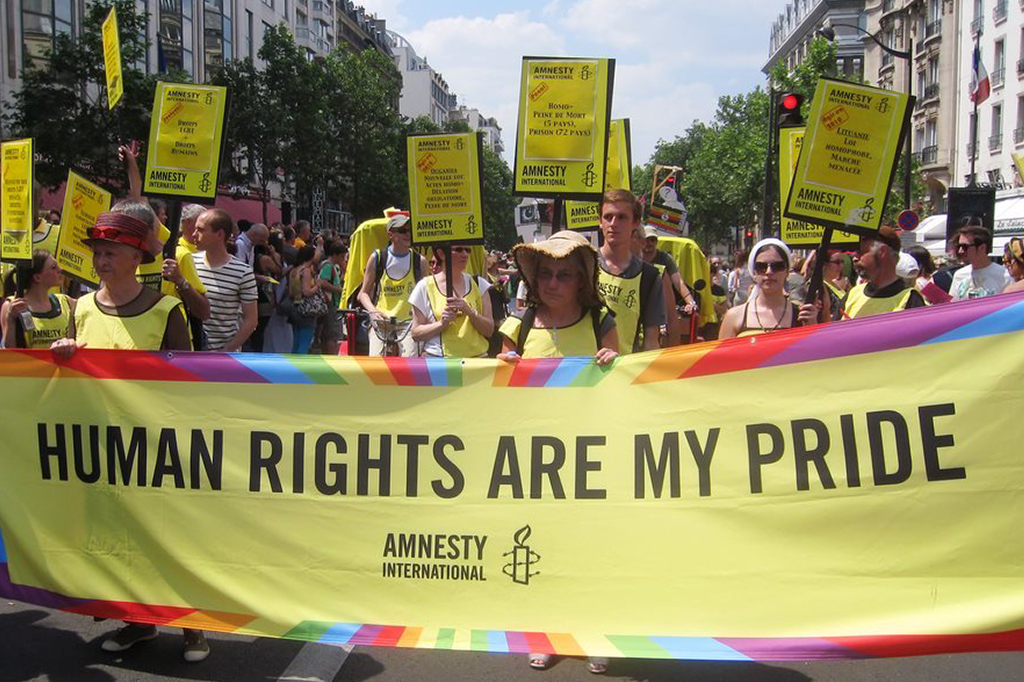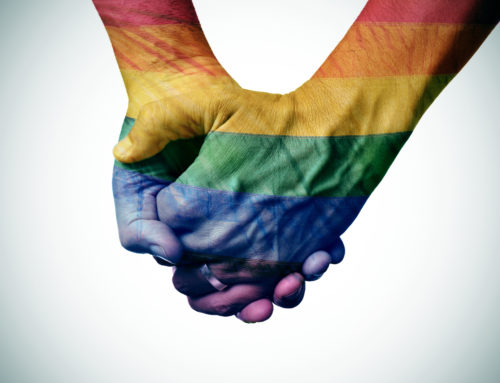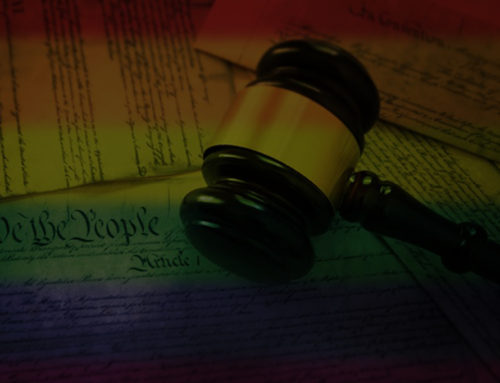Changes to federal law are putting LGBT individuals at risk. Under President Obama, lesbian, gay, bisexual, transgender, and intersex people slowly began to gain equal rights under the law. The Trump Administration has made it clear that it does not plan to continue the trend. In fact, the current administration has seemingly made it a priority to strip LGBT individuals of the limited rights they once enjoyed.
Rolling Back Provisions Beneficial to the LGBT Community
So, what has the current administration actually done to threaten LGBT rights? Most recently, the administration announced that it would roll back an Obama-era mandate that “prevents doctors, hospitals, and health insurance companies from discriminating against transgender people.” Axing this provision essentially means that transgender people will, once again, be at risk of not getting the medical care they truly need simply because someone disagrees with their identity.
While physicians and healthcare professionals themselves may be hesitant to deny care to a patient in need, insurance companies have demonstrated that they have no problem denying coverage for procedures and treatment requested by transgender policyholders. Healthcare professionals take an oath to do no harm; insurance companies have free range to cause as much harm as they desire.
So, other than potentially threatening a transgender person’s access to quality healthcare, how else have LGBT rights been infringed in past year and a half? Here’s a quick look at some of the steps that have been taken by the current administration:
February 2017: The Department of Education and Department of Justice inform the Supreme Court that they intend to ignore requirements to treat gender identity as a form of discrimination, as prohibited by Title IX.
May 2017: Attorney General Sessions says that he will not seek to overturn a court order that prevented the government from enforcing an Obama-era gender identity nondiscrimination provision. Instead, Sessions asked for a review to determine if a law preventing such discrimination was, in fact, reasonable and necessary.
October 2017: Over the past few years, courts have interpreted a provision in Title VII of the Civil Rights Act to prohibit discrimination on the basis of gender identity. In 2014, then Attorney General of the United States Eric Holder published a memo stating his intent to formally interpret the law in this way. In October 2017, Attorney General Session reversed this policy.
Changing How Census and Health Data Are Collected
The government is not only changing the law to the detriment of the LGBT community, but also making a change to how census and health statistics are gathered. In recent years, the number of government-survey questions concerning sexual orientation, gender identity, and transgender status increased significantly. Public health studies, including the Behavioral Risk Factor Surveillance System, Youth Risk Behavior Survey, National Health Interview Survey, National Survey on Drug Use and Health and Health Center Patient Survey, all gathered data concerning the LGBT community. Much of this data was used in research studies to assess public health, crime, and other trends.
According to Fenway Health, “the collection of population-level data is important to better understand the experiences of LGBT Americans.” What has been accomplished by the gathering and dissemination of this data? We know have substantial proof to support the fact that “ LGBT people, especially Black gay and bisexual men and transgender women, experience a disproportionate burden of bias-motivated hate violence.” In fact, certain LGBT individuals are 10 times as likely to experience hate violence than heterosexual individuals.
With this information, our laws and policies can be amended to address these concerns. Unfortunately, this data may no longer exist in the coming years. The current administration has signaled that it intends to stop asking the public questions about sexual orientation, gender identity, and transgender status.
As a result, our public health surveys will not accurately reflect public health issues in America. Instead, LGBT individuals will be underrepresented, beneficial LGBT programs will be underfunded, and laws addressing abuse and health concerns will not be a primary concern among lawmakers. A simple change in how data is collected has the potential to be devastating to the more than 10 million Americans who identify as lesbian, gay, bisexual, transgender, or intersex.
Advocating for Equal Rights
Advocacy efforts to support equality under the law will help to combat efforts by the current administration to thwart legal protections for the LGBT community. Solid and persuasive public support for LGBT equality across the nation will help to ensure that the laws of the nation reflect the will of the people.









